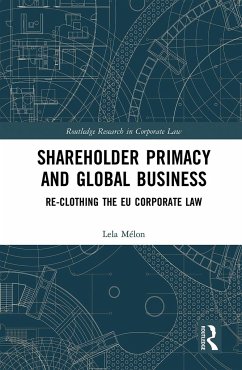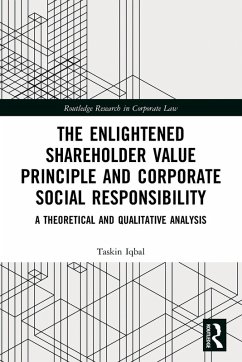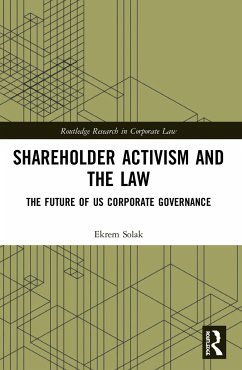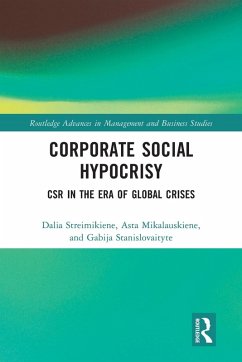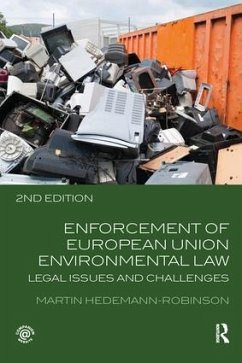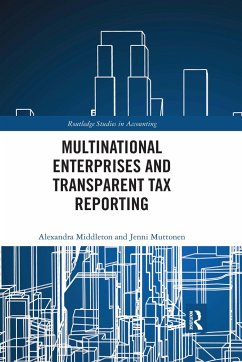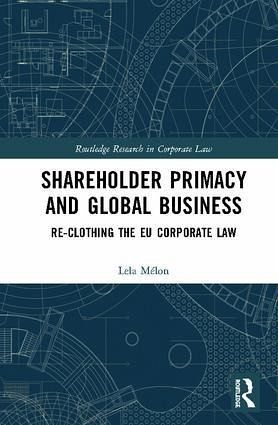
Shareholder Primacy and Global Business
Re-clothing the EU Corporate Law
Versandkostenfrei!
Versandfertig in 1-2 Wochen
168,99 €
inkl. MwSt.

PAYBACK Punkte
84 °P sammeln!
Going beyond solely legal analysis, juxtaposing legal principles and argumentation with economic theoretic approaches and more importantly, real-life examples, the book is accessible to both professionals and academics working within the fields of business, economics, corporate governance and corporate law.



